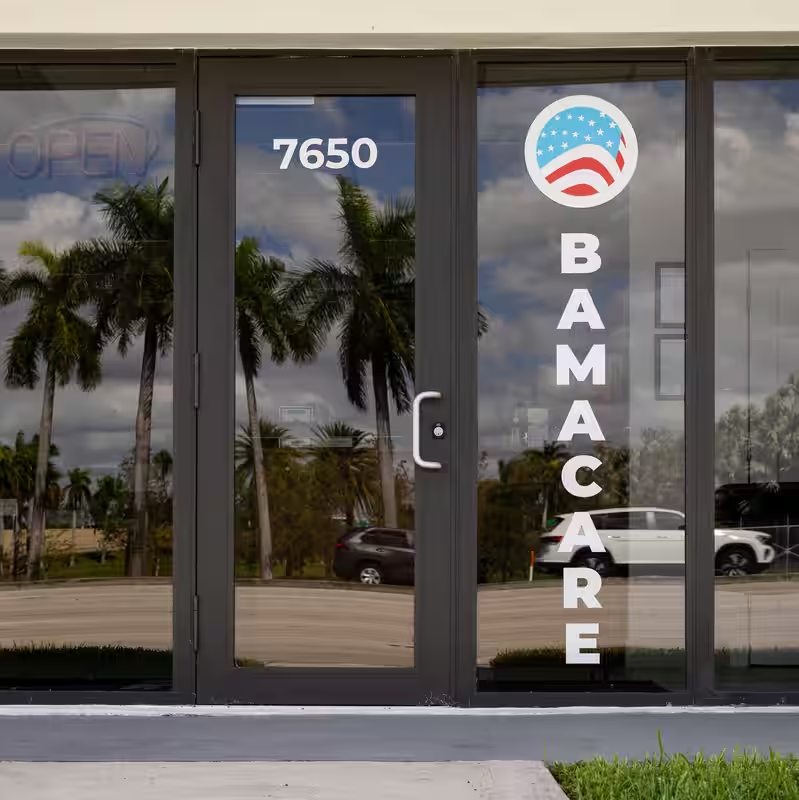For millions of Americans, a financial shock is coming. As the HealthCare.gov website has now made 2026 health insurance prices public, the data reveals a stark reality: Obamacare premiums are set to surge by an average of 26% nationwide . This dramatic increase lands at a time of deep political division, with Congress deadlocked over the future of the very subsidies that have kept coverage affordable for over 22 million people .
What the New Obamacare Premiums Reveal
The newly published rates on the federal and state-based marketplaces paint a concerning picture for consumers. The median proposed premium increase for 2026 stands at a staggering 18% nationally—more than double the increase seen for 2025 . In some states, the situation is even more dire, with Pennsylvania’s exchange reporting potential premium hikes of over 100% for certain plans .
This price transparency, now live on HealthCare.gov just before the November 1st open enrollment start, is designed to help consumers make informed choices . However, for many, the information may only bring anxiety about how to afford their next year’s coverage.
The Subsidy Standoff in Congress
The primary driver behind this looming affordability crisis is a political stalemate in Washington. The enhanced premium tax credits, which were expanded under the American Rescue Plan and have been a lifeline for millions, are set to expire at the end of 2025 .
Without an extension from Congress, these subsidies will vanish, causing out-of-pocket costs for marketplace enrollees to skyrocket. Experts warn that the 26% average premium increase could be just the beginning; the actual cost to consumers could be far higher if the subsidies lapse .
“Unless Congress acts soon, critical tax credits that help over 22 million people buy Affordable Care Act (ACA) Marketplace plans will expire,” a recent policy brief warned . The debate has become a central point of contention, with Democrats refusing to budge on other budget items until the subsidies are secured, while many Republicans oppose their extension .
What This Means for Your Wallet
To understand the potential impact, consider this scenario. An individual currently paying a $500 monthly premium with a $400 subsidy is only spending $100 out of pocket. If their premium jumps 26% to $630 and their subsidy disappears, their monthly cost would explode to $630—a 530% increase in their actual expense.
The table below illustrates the potential financial impact:
| Scenario | 2025 Premium | 2025 Subsidy | 2025 Out-of-Pocket | 2026 Premium (+26%) | 2026 Out-of-Pocket (No Subsidy) |
|---|---|---|---|---|---|
| Individual Plan | $500 | $400 | $100 | $630 | $630 |
| Family Plan | $1,500 | $1,200 | $300 | $1,890 | $1,890 |
What You Can Do Now
With open enrollment for 2026 plans starting on November 1st, consumers are not powerless. Experts recommend the following steps:
- Shop Around: Don’t automatically re-enroll in your current plan. New insurers may have entered your market, or your current insurer may offer a different, more affordable tier.
- Update Your Application: Any change in your household income, size, or address can significantly alter your subsidy amount. Ensure your HealthCare.gov application is current.
- Seek Help: Free assistance is available through navigators and certified application counselors. Find local help at [INTERNAL_LINK:healthcare-navigators].
The coming weeks will be critical. The fate of the subsidies may be decided in a last-minute budget deal, but consumers should plan for the worst while hoping for a legislative reprieve. The public release of these high prices is not just data—it’s a warning and a call to action for millions of Americans who rely on the ACA marketplace for their health security.




